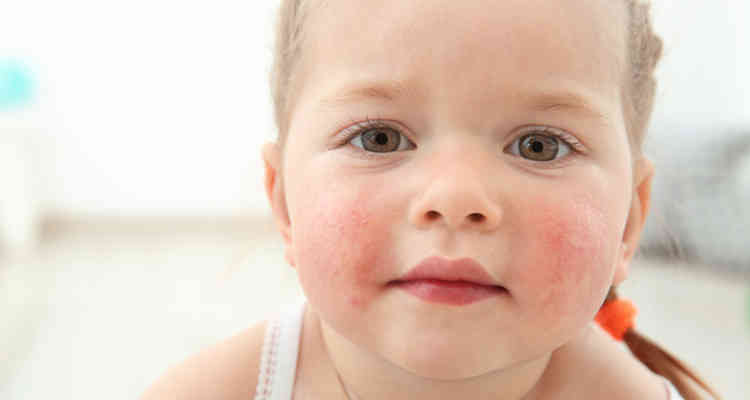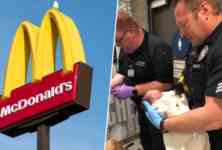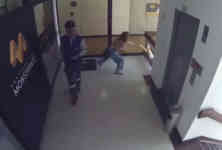
Young children may take a while to show obvious signs of allergies and tests that can only be done after a certain age. It is important to keep an eye on any physical changes that you may observe in your child around common allergens like nuts, pollens, wheat, soy, and many others. While some children may show mild allergy, for some, it can be fatal.
Common allergic reactions include coughing, wheezing, cold, sore throat, and may sometimes be accompanied by fever. Some allergic reactions also lead to swelling and here are some ways to protect your child from allergies
- Pack anti-allergic medications for your children when headed out for a short trip or vacation.
- Avoid going to places with harsh weather conditions if your child is young and is allergic to dust and pollen. It can lead to nasal and breathing problems.
- Read the label carefully before buying packaged products. Most of them have a separate warning for nuts and soy. If your child has any food allergy, make sure you read labels.
- If your child has a dust allergy, make sure they wash up nicely after coming back from the playground.
- Keep your child away from places that may trigger their allergy. Help your child understand how they can manage their allergic reaction and what can they do in case it gets severe when you are not around.
Take the help of your doctor to know the steps you can take to help your children feel better after their allergy has been triggered.





